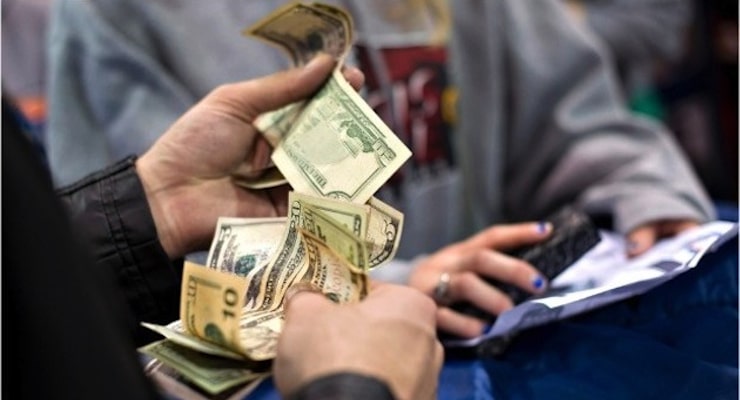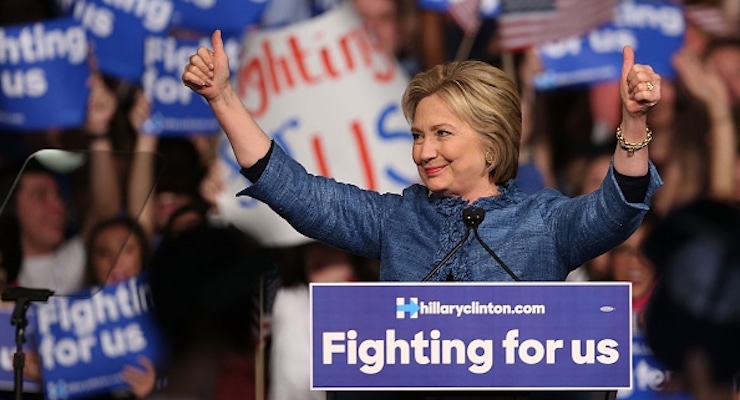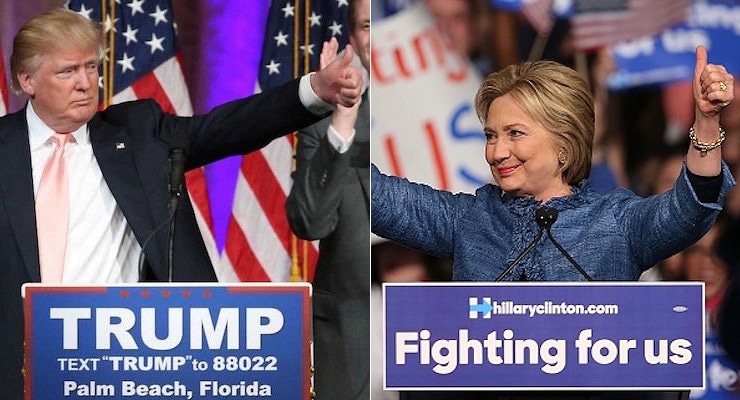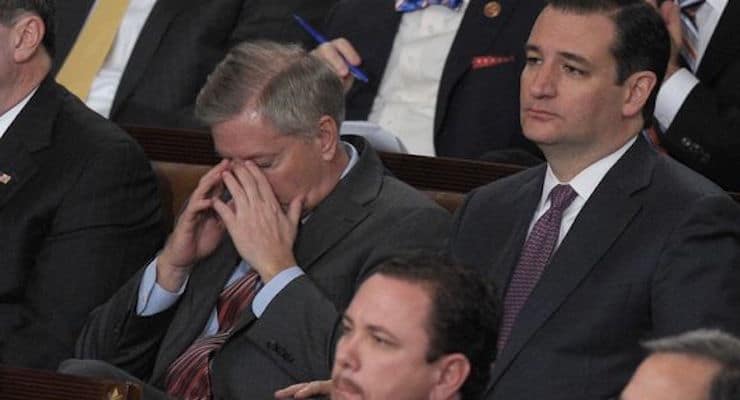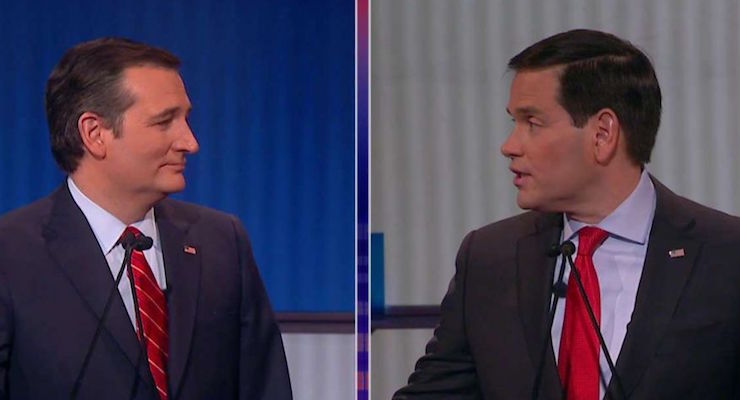
Ted Cruz, left, and Marco Rubio, right, argue over immigration during the Fox News/Google debate in Iowa on Thursday, January 28, 2016. (Photo: FOX News)
When I read this morning that Marco Rubio had said that Ted Cruz is the only conservative left in the Republican presidential primary race, it reinforced my decision to write Rubio an open letter urging his endorsement of Sen. Cruz.
Rubio didn’t go so far as to endorse Cruz, but he could have said nothing at all. Or he could have said, “We have to beat Donald Trump, and only Ted Cruz has a chance to do so.”
Instead, he specifically said Cruz is the only conservative left in the race, by which he sent a signal that John Kasich is not suitably conservative and that he, Rubio, cares deeply about conservatism. That is significant and gratifying.
Perhaps Rubio didn’t endorse Cruz outright because of the bitterness of their rivalry prior to their unwritten alignment to turn their focus on Trump some weeks ago. Maybe he is concerned that his millions of supporters would be perplexed by a sudden gesture of forgiveness and unity.
But Rubio’s affirmation of Cruz’s conservatism and his inspiring exit speech would be a nice predicate for a full-throated endorsement at some point in the near future.
I remember commenting before one of the debates that I wished that Cruz and Rubio could avoid getting bogged down yet again in a heated, confusing debate over the minutiae of amnesty, Spanish-language interviews and poison-pill legislation. It led to reciprocal charges of lying, increased polarization between Rubio and Cruz supporters, decreased emphasis on other important issues, and — worst of all — a virtual pass for Trump.
I understand that these issues are important and had to be addressed, but the discussions reached diminishing returns early on, and both candidates’ supporters became more entrenched and convinced that the other was being deceitful. It was painful to watch, and I am sure I’m not the only one who just wanted it to go away. By the time Cruz and Rubio had achieved a de facto truce, Trump was well on his way to gobbling up victories, despite his woeful deficiencies and embarrassing debate performances.
If Twitter is any indication, many Rubio supporters remain furious and unforgiving toward Cruz. Many Cruz supporters are outraged that Rubio, in their view, handed Missouri, Illinois and North Carolina to Trump by insisting on staying in the race with the hope of winning his home state of Florida even though the polls indicated he didn’t have a chance.
I’m frankly tired of the selfishness on all sides, placing our own negative desire to vent our emotions ahead of the national interest. It’s time for a truce — an end to the gloating from one side and recriminations from the other — and it’s past time for healing if we are to have any realistic chance of nominating a true conservative to run against Hillary Clinton. We’ve all been angry at times during this race, but it’s time to bury the hatchet and unite.
I would first appeal to my fellow Cruz supporters to acknowledge and applaud Rubio’s wonderful withdrawal speech, in which he eloquently expressed his passionate love for America and for the American idea. You may think he’s naive or worse on the important immigration issue, but I don’t think you can fairly question his genuine patriotism — and his unapologetic love for Jesus Christ and his humble deference to God’s glorious plan for all of us. Remember, he made these comments on the way out.
To Rubio, I would say: “Sir, thank you for those inspiring words. You fought valiantly and have now withdrawn. Even if some prefer John Kasich to Ted Cruz, Kasich has no path to the nomination, even in a contested convention, and the longer he stays and the more support he receives the greater the chance that Donald Trump will be the nominee. Let’s not pretend that any other conclusion is reasonable. I am convinced you still command a great deal of respect, not just among your supporters but with many others, and if you choose to pursue it, you have a bright political future. I respectfully implore you not just to enthusiastically endorse Ted Cruz but to strongly urge your supporters to do so, as well. Yes, you have great influence over the delegates you earned, but you could have even more influence in initiating the healing process that must occur between your supporters and those of Sen. Cruz, which, I believe, partially preceded your respective candidacies, as the lines began to form during the government shutdown debates. Your leadership in bringing about harmony among conservatives is imperative if we are to nominate a conservative this year, but it is also critical in strengthening the movement against irreversible migration toward nationalist populism. Sen. Rubio, you have already shown that you are not a fair-weather lover of America, so please go further and make a decision to proactively make a difference in the outcome of this election, for this is our last best chance to reverse the galloping expansion of government that is smothering our liberties. And please, don’t just nominally endorse Sen. Cruz; join Carly Fiorina and others and get out on the campaign trail and bring your unique talents to the advancement of the Cruz candidacy. America will thank you — and be forever in your debt.”

